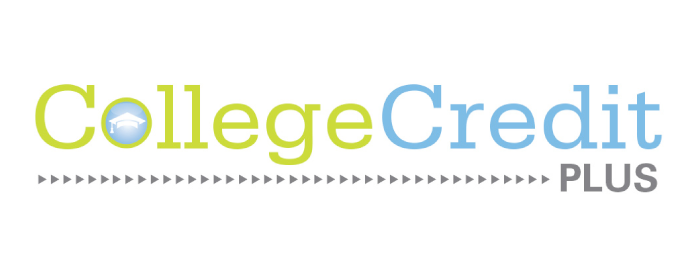OhioLINK
OhioLINK supports open access in a variety of ways, from the first open access (OA) Electronic Theses and Dissertation collaborative started in 2001 to our current support for Open Education Resources (OER) and our OA pilot with Wiley.
Here’s a recap of recent activity:
Many OhioLINK institutions are promoting and hosting events for the 12th annual Open Access Week (October 21-25), an international week that focuses on resources that are freely available to anyone online.
Open access ETD boasts more than 100,000 submissions and nearly 85 million downloads from 234 countries.
OhioLINK’s most recent addition to the team is Johnathan Michael, the resource acquisitions and contracting assistant. Johnathan brings a degree from Ohio University along with a background in education and music to the OhioLINK team.
We recently spoke with Johnathan about his music expertise, what brought him to OhioLINK, and his role with the library consortium.
This October is the 11th annual observance of National Cyber Security Awareness Month, sponsored by the Department of Homeland Security and the non-profit National Cyber Security Alliance (NCSA).
In a small, intimate setting at the restaurant 9 Tables in The Plains near Athens, I spoke to Ohio University’s Institute for Chinese Academic Leaders about shared collections and services and the challenges and opportunities for academic library consortia. After giving a brief overview of OhioLINK to a group of about 15 people, including leaders from Beijing Normal University and Northeast Normal University, I spoke about the practicalities of building and sustaining a consortium model. Consortia models exist in all shapes and sizes, and I enjoyed the opportunity to speak about OhioLINK and to give a brief overview of several other models here in the United States. Academic library consortia have many different membership models, resources and services
John Burke, library director of the Gardner-Harvey Library at Miami University Middletown, began his career just as online catalogs and periodical databases were becoming widespread and the nascent Internet was gaining interest.
His interest in this technology drew him to the field – as well as led him to help others keep up with the ever-changing field as the author of a technology textbook.
OhioLINK recently talked with Burke about working at a regional campus, changes in technology and their impact on librarianship over the past two decades

Throughout the State of Ohio, students are able to access college courses – and earn credit for them – while still in high school. This recently revamped program, renamed College Credit Plus, is designed to bolster students’ college readiness, lower their cost for higher education and improve their retention and success in college.
Julia Chance Gustafson has been at the forefront of major changes in librarianship since arriving at the College of Wooster on Feb. 1, 1982.



